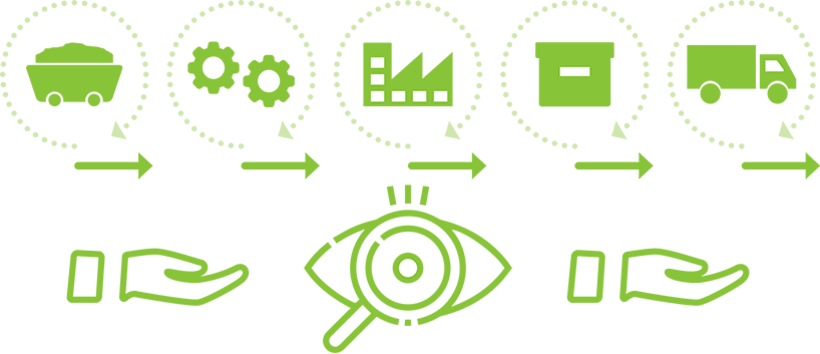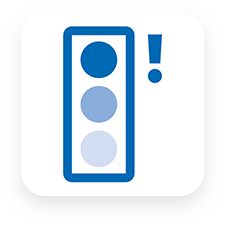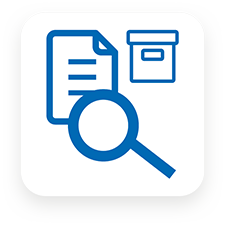How can you use Open Datacheck as a manufacturer?
Request the participation agreement today or take part in a free webinar.

Supply chain transparency and corporate due diligence are becoming increasingly important and can lead to implementation challenges. The Act on Corporate Due Diligence Obligations in Supply Chains (LkSG) obliges companies with 1,000 or more employees to comply with social and environmental standards along their supply chains. Even if your business partners have over 1,000 employees, you are automatically subject to this obligation. Implementing the law can lead to challenges in day-to-day business. The Supplier Transparency module is available to simplify the processes. With Supplier Transparency, suppliers' products are checked and evaluated on the legal basis of the LkSG.
This data and content can also be used for the annual report to BAFA - the Federal Office of Economics and Export Control - on compliance with the supply chain due diligence obligation.
Automatic query of the reasons for risks via questionnaires to suppliers.
Identification and presentation of risks using a traffic light system for a better overview and comprehensibility.
Differentiated risk analysis based on product data and public international databases on risks.
Transparency
Transparent presentation and communication on compliance with the LkSG and potential risks for suppliers.
Cost efficiency through reduced effort
Reduction of manual and personnel costs for the organization of legal agreements and control processes.
Supplier overview
Clear overview of all suppliers on the subject of risk management and corresponding traffic light status.
Support for BAFA reporting obligations
Provision of supplier declarations, questionnaires, risk analysis results and risk minimization measures for use in the annual BAFA report.
Support for company values
These reports provide a way for you to publicly demonstrate your responsibility and commitment to ethical supply chains.
Proactive risk avoidance
Actively identify and minimize risks in your existing supply chains to meet legal requirements.
The Act on Corporate Due Diligence Obligations in Supply Chains is a legislation aimed at obliging companies to comply with social and environmental standards along their supply chains. At the centre of this is the responsibility of companies for the conditions under which their products are manufactured, particularly abroad. The Supply Chain Act focuses primarily on the protection of human rights and the environment in global supply chains and, of course, within the company itself.
Companies must therefore take appropriate measures to identify, prevent or minimise risks in their supply chains. This can include audits, training, risk analyses and cooperation with suppliers.
Furthermore, companies are required to report transparently on their efforts to comply with the supply chain due diligence obligation. This takes the form of an annual report to BAFA, the Federal Office of Economics and Export Control. Companies that violate the requirements of the law can be fined. The exact penalties can vary depending on the severity of the offence.
Find out more about Open Datacheck HVAC or take part in a free webinar.
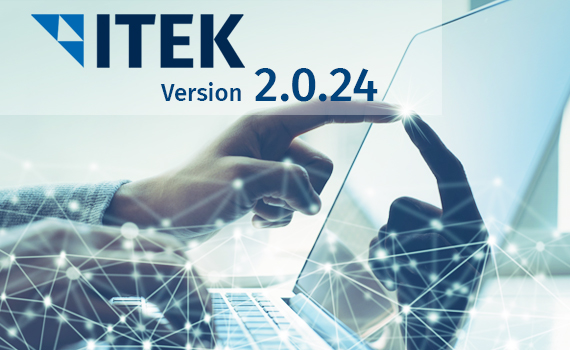
The new version 2.0.24 of the XS standard will be made available at the end of July and rolled out on all platforms.
Read more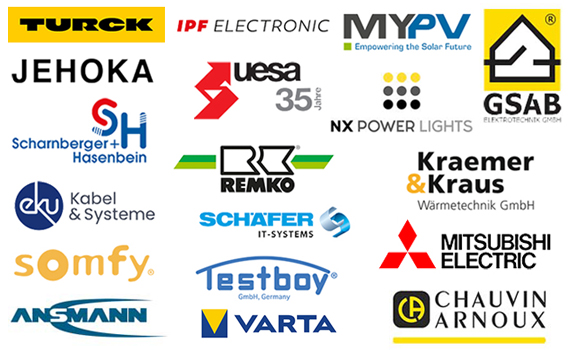
In the first half of 2025, Open Datacheck Electro welcomed a total of 18 new manufacturers.
Read more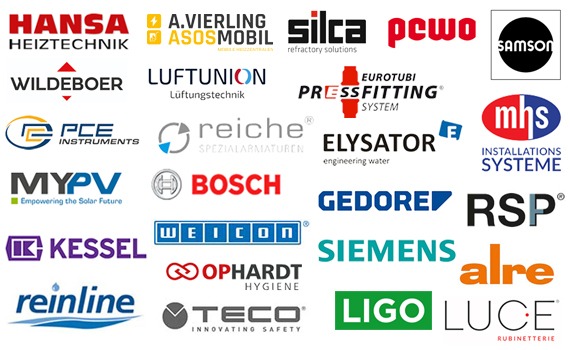
In the first half of 2025, Open Datacheck HVAC welcomed a total of 24 new manufacturers.
Read more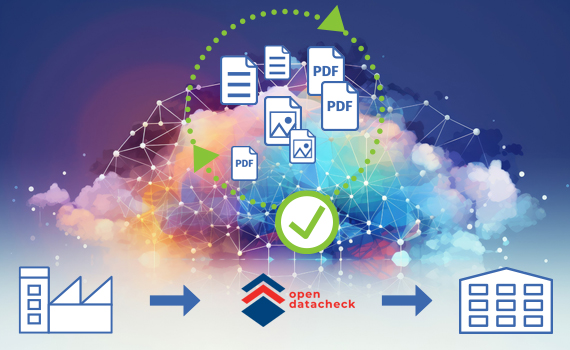
As a wholesaler or purchasing co-operation, you can use Open Datacheck to centrally access quality-checked marketing and sales documents from your…
Read more
The e-learning channel on Open Datacheck HVAC offers you as a manufacturer a centralised way to provide structured digital training content - for…
Read more
Structured, complete and correct product data is a business-critical necessity for wholesalers. It not only influences customer satisfaction, but also…
Read more